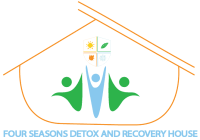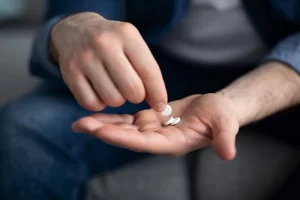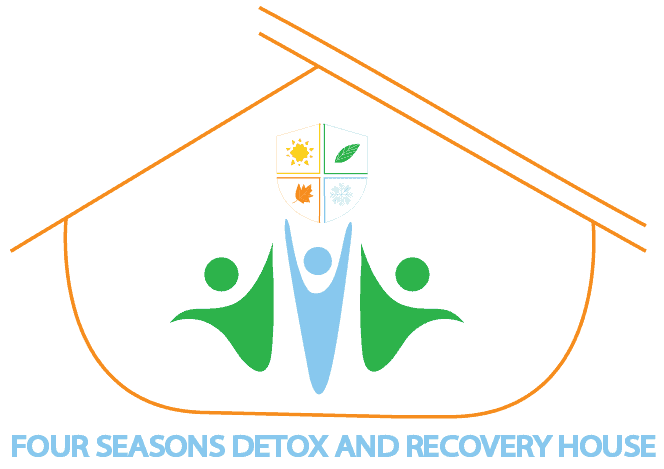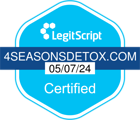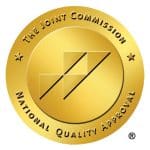Dating someone in recovery from alcoholism presents unique challenges and opportunities. Understanding, patience, and communication are crucial in fostering a healthy, supportive relationship. This article delves into essential tips to help you navigate the complexities of dating a recovering alcoholic, ensuring both you and your partner thrive.
Understanding Recovery
What is Recovery?
Recovery is a lifelong journey of personal growth and healing for those overcoming alcoholism. It involves multiple stages, each requiring different types of support. Understanding the 6 stages of alcohol recovery is vital for partners, as it helps them provide the right support at the right time, ensuring a smoother path toward lasting sobriety.
Common Misconceptions
It’s common to encounter myths about recovering alcoholics, such as the idea that they are unstable or unreliable. These misconceptions can cloud perceptions and relationships. Recognizing the strength it takes to battle addiction is crucial. It’s important to approach your relationship with an open heart and mind, knowing that recovery is a sign of courage and not a weakness.
Communication and Boundaries
Open and Honest Communication
Transparent communication is the cornerstone of any relationship, especially when one partner is in recovery. Discussing topics like triggers, discomforts, and personal boundaries early ensures that both partners are on the same page. How Long Does It Take To Break An Addiction? can provide insight into the patience required during this process.
Setting Healthy Boundaries
Boundaries are not just important—they are necessary for both partners’ well-being. Establishing what is acceptable and what isn’t, and respecting these limits, is crucial. Being clear and assertive about your needs helps prevent misunderstandings and builds a foundation of respect. Start small and gradually work on more significant boundaries, ensuring both of you feel safe and respected. For more tips on setting boundaries, consider exploring emotional sobriety techniques.
Supporting Their Recovery
Participating in Recovery Programs
Being supportive of your partner’s involvement in recovery programs, such as Alcoholics Anonymous, is essential. These programs play a pivotal role in the recovery process, and showing your support for their participation can strengthen your relationship.
Encouraging Healthy Routines
A stable routine can significantly aid someone in recovery. Support your partner in maintaining a healthy lifestyle, which may include regular exercise, a balanced diet, and adequate sleep. Encouraging and participating in these habits not only supports their sobriety but can improve your own health.
Navigating Social Situations When Dating a Recovering Alcoholic
Rethinking Social Activities
Rethink your usual social activities to accommodate your partner’s recovery. Alcohol-centric events can be replaced with new traditions or hobbies that don’t involve drinking. From outdoor adventures to cultural events, the possibilities to connect and have fun sober are limitless.
Managing Social Life Changes
The social dynamics may shift when you’re dating someone in recovery. It’s important to be understanding if your partner decides to avoid certain social settings that pose a risk to their sobriety. Discussing these scenarios beforehand can help manage expectations and maintain a comfortable social life for both of you.
Dealing with Triggers and Relapse
Understanding Triggers
Identifying and avoiding triggers is a critical component of relapse prevention. Triggers can be emotional, environmental, or social. Being aware of these and having strategies in place, like relapse prevention group activities, can prevent them from impacting your partner’s recovery journey.
Responding to Relapse
Relapse does not mean failure; it’s a hiccup in the recovery process that, with the right support, can be overcome. If it occurs, respond with kindness, understanding, and encouragement. Prompting your partner to reconnect with their support system can help them regain their footing.
Self-Care for the Partner
Importance of Self-Care
Supporting someone in recovery can be emotionally taxing. Ensuring your own well-being by maintaining your social life, hobbies, and possibly seeking professional support is essential. Remember, you can only be a supportive partner if you are also taking care of yourself.
Finding Support
Finding your own support network is crucial when dating a recovering alcoholic. Talking to trusted friends or family members can provide much-needed emotional support. If you suspect that a Loved One Is Abusing Substances, seeking professional help and advice can guide you through the challenges, helping you navigate your relationship with more confidence and understanding.
Write For Me
Conclusion
Dating a recovering alcoholic requires compassion, understanding, and a willingness to navigate the challenges together. By maintaining open communication, setting
healthy boundaries, and supporting each other’s personal growth and recovery, you can build a strong, supportive relationship.
If you or your partner are seeking additional support or resources, consider reaching out to Four Seasons Detox Drug and Alcohol Rehab Center. Our compassionate team is dedicated to supporting individuals and their families on the path to recovery.
Building a relationship with a recovering alcoholic has its challenges, but with the right approach, it can also be immensely rewarding. Embrace the journey with patience, love, and understanding, and watch your relationship grow stronger each day.
